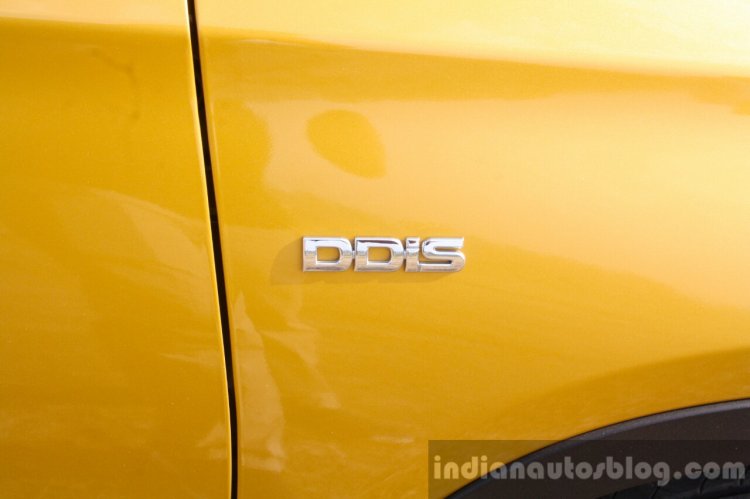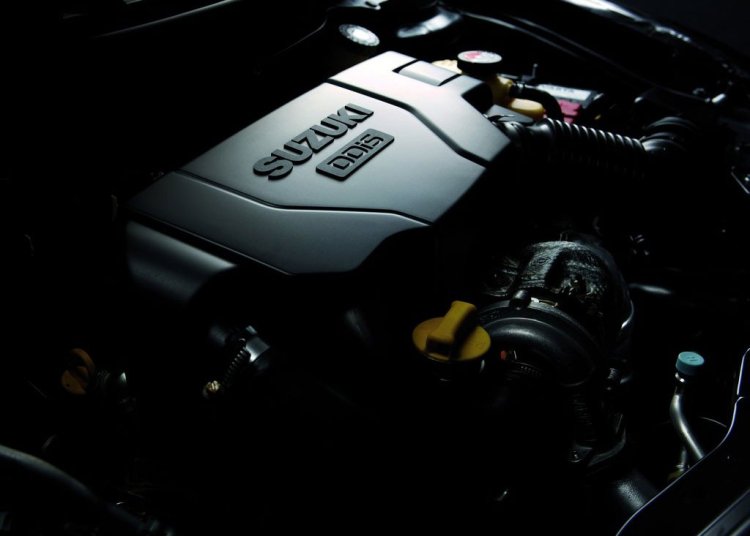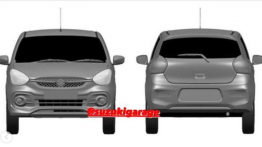Jump to BSVI regulations will increase development costs on diesel engines.
With the narrowing price gap between petrol and diesel fuels, lower price of petrol-powered cars and the ban on diesel-powered cars over 10 years in Delhi-NCR influencing the shift to petrol-powered cars, top manufacturers are now finding it tough to stick to diesel-powered compact cars for the foreseeable future. Not to mention, the BSVI emission norms that will come into effect from 2020.

Making the jump to BSVI will significantly increase development costs in diesel-powered cars which, for entry-level mass market products, will not make a strong business case. This is expected to further increase the gap between the cost of diesel and petrol-powered cars.
Speaking on the future of diesel-powered cars in India, Mr. C V Raman, executive director of engineering at Maruti Suzuki, said:
It will put a lot of pressure on cost and development. The gap between petrol and diesel vehicles today is Rs 1 lakh; it will go up to Rs 2 lakh when the new regulations come in. The customer will decide if diesel is still relevant for him or not.

It is likely that by 2020, a majority of the entry-level compact cars will be petrol-powered while bigger, premium sedans and SUVs would offer a diesel variant.
[Source: Business Standard]


















































